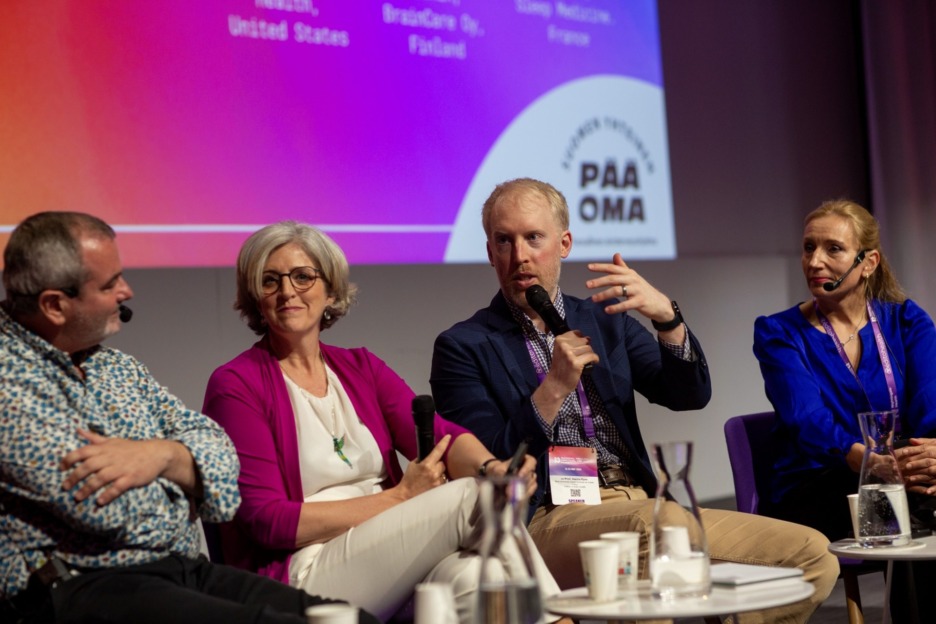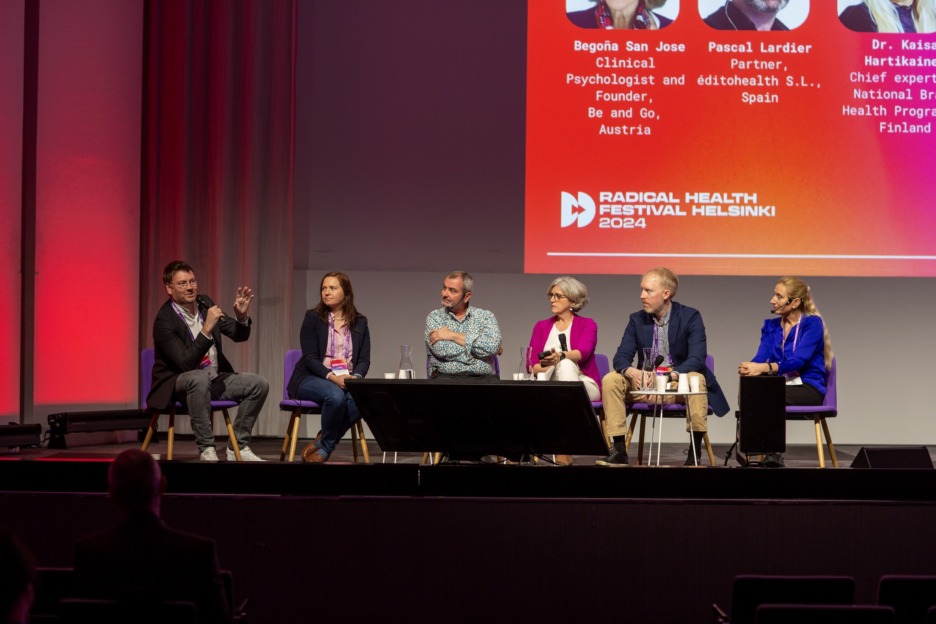Public-Private Collaborations for Precision Health

Precision health is a paradigm shift. This radically new approach—integrating data from genetics, environment, lifestyle, social determinants, and digital technologies—is about taking a proactive, lifelong approach to our citizens’ health and prioritising prediction, prevention, early detection, as well as targeted and personalised interventions before diseases or complications arise.
While we may have the scientific foundations and technological solutions to realise the full promise of precision health, deployment at scale still requires the cooperation of highly diverse stakeholders and a sustained partnership between the public and private sectors. The complexity of this approach means public-private collaborations are not merely a preferred option—they are essential.
While the private sector brings agile and rapid technology developments anchored in the pursuit of profitable business models, the public sector provides regulatory frameworks, clinical infrastructures, health and social care data registries, but even more importantly, a mission to serve the common good. When these strengths are combined, they create fertile ground for radical and impactful innovation. Pharmaceutical companies working alongside national health systems can co-develop precision diagnostics and therapeutics grounded in population health needs. Digital health start-ups partnering with academic medical centres can test and validate AI-driven tools for predictive health monitoring. The opportunities are endless. These types of synergies not only shorten the innovation pipeline from lab to bedside, they also dramatically increase the chances of large-scale, long-term implementations.
The good functioning of a precision health system depends on large volumes of data. Real-time, high-quality, interoperable data is necessary for assessing health risks, enabling early detection, planning targeted interventions, and evaluating outcomes. Building the infrastructure for such data collection and analysis—especially at national or regional levels—is a monumental task that requires aligning the industry’s powerful capabilities with the government’s mission to ensure the privacy and security of our health data.
Finally, if left solely to the market, precision health innovations may remain accessible only to privileged populations. Public-private partnerships ensure that innovations are deployed on the background of health equity. While private companies can deliver technologies that are scalable and user-friendly, government oversight ensures that marginalised communities are included in genomic studies, that rural health centres are equipped with digital health tools, and that pricing models reflect broad accessibility. The private sector thrives on bringing economically viable innovations to market; the public sector ensures these innovations align with our shared European values.
While the role of the public sector includes evolving policies to enable and encourage equitable innovation, these policies must also work for the private sector. The deployment of precision health touches on complex ethical, legal, and regulatory issues—such as data privacy, algorithmic transparency, or the definition of medical liability in AI-assisted care. Public-private dialogue is essential for crafting forward-looking regulations that protect citizens without stifling innovation. It may sometimes seem that regulation is slowing down innovation in Europe. One could argue that collaboratively building strong policy and regulatory frameworks for health innovation simply takes time. Once these robust foundations are in place, innovation can thrive in a secure, ethical, equitable, transparent, inclusive, responsible, sustainable, and trustworthy environment. This is the environment we need for precision health.
Despite the clear benefits, public-private collaborations do not come without their challenges: balancing meaningful data access with privacy protection remains a delicate task; building trust while mixing private commercial motives with government agendas is an ongoing dialogue; and aligning public funding cycles with the fast-paced needs of private innovation is sometimes difficult to achieve. Addressing these challenges requires deliberate frameworks, transparent governance, and mutual trust.
Finland is a leading example of ecosystem collaboration. Through national initiatives such as FinnGen and the Genome Centre, Finland has created a model where academic institutions, healthcare providers, and private companies co-develop solutions using one of the world’s most comprehensive health data repositories. Legislation such as the Finnish Act on the Secondary Use of Health and Social Data facilitates responsible data sharing across sectors. At the third Radical Health Festival Helsinki, the Finnish Ministry of Social Affairs and Health will co-curate the 'Policy for Change' track and emphasise the importance of public-private partnerships throughout their sessions.
Deploying precision health at scale represents both the greatest opportunity and the greatest challenge facing our health systems. It offers the potential to improve outcomes, lower costs, and personalise prevention and treatment approaches in unprecedented ways. Achieving this future at scale demands the marriage of public mission and private innovation. For radical change and long-term success, public-private collaborations should be designed not as transactional partnerships, but as ecosystems of shared value and collective impact. The objective of the Radical Health Festival Helsinki is precisely to foster these kinds of ecosystem dialogues—where policymakers, technologists, clinicians, and citizens converge to shape the future of health together.
Pascal Lardier, Principal, éditohealth and Content Lead, Radical Health Festival




